One massive positive has emerged from the brutal attack on our freedom and happiness launched under cover of the Covid “crisis”.
The complete collapse of the “left” (including large parts of its deeply-degraded anarchist wing) led to an ideological vacuum on the side of the resistance to the so-called Great Reset.
This vacuum has not been filled by the far right, as I suspect those in power would have preferred, but by a new phenomenon which has not yet acquired its own name.
Its particular strength and potential comes from the way in which it has reintroduced both a sense of the spiritual and a feeling for nature into the realm of political radicalism from which they had long since been banished.
I have been vastly encouraged to come across, both in the written word and in real life, increasing numbers of voices speaking from this inspirational philosophical place.
The latest example of this 2020s neo-revolutionary Zeitgeist to fall into my hands is a short book by philosopher and science-fiction writer Léafar Izen, which parallels in many ways my own 2022 book The Withway.
Written in Chile and published in France, it is entitled La Révolte du Ressentant, which translates as The Revolt of… Well, of what exactly? The word means “feeling” but that doesn’t seem like quite the right translation here.
Happily, the author sets out the precise meaning of his term, describing ressentant as the “capacity to feel that something exists, even if this feeling is not accompanied by any complex thought, even by the idea that there is such a thing as a ‘me’, a world or time… Ressentant is the sensation of being in its stripped-down, essential, fundamental state”.
The key point here is that ressentant (might we say “awareness” in English?) is not at all the same as the “I think therefore I am” type of human individual consciousness as presented by René Descartes.
Fundamental ressentant is instead “an indivisible whole, a common base for all manifestation” with a “mysterious and thus sacred nature”.
This vital sense of presence is shared by all those who belong to this living universe; even, Izen says, by a humble earthworm.
“With the few hundred neurones with which nature has provided it, everything that it feels – the taste of the earth, the surrounding humidity, vibrations in the ground, its own digestive system – probably forms part of one and the same experience of being.
“The ingredients which make up this cocktail of ressentant might certainly appear rudimentary, but can we neverthless be sure that the earthworm is excluded from ressentant or even that it feels existence in a less intense way?”
The outlook being expressed here is clearly what is sometimes called pantheism, but which, in the absence of any mention of God, might better be termed ‘panenhenism’, or ‘all-in-one-ism’.
Izen notes: “There is nothing new about this idea of fundamental ressentant; it is as old as the world”.
Quoting organic radical thinkers Mohandas Gandhi and Carl Jung in his book, Izen shares my own view that there is enormous potential in basing a contemporary political philosophy on this age-old metaphysical gnosis.
This ancient wisdom represents a crucial antidote to the blinkered techno-scientific mindset which dominates the modern world.
At least as close-minded as the religious dogma from which it claims to have freed us, ultra-materialism is the root of all the ills of our world, such as productivism, economic growth and consumerism, says Izen
It is now trying to steer us into a world of transhumanism “which could lead to the obsolesence of part of humankind”.
“This ultra-materialist tendency, which denies the sacred nature of ressentant, is creating an unprecedented danger, that of regarding the human species as a herd of cattle whose profitability has to be maximised and whose weak links should gradually be replaced by machines”.
Countering this ultra-materialist thinking with the idea of ressentant is therefore not just some kind of philosophical game, he insists, but “the sinews of a war in which what is at stake is nothing less than Life and its possible annihilation”.
A “profound evil” is “gnawing away” at our societies more than ever, writes Izen and he warns of the grave consequences of forgetting “the sacred character that ressentant gives to Life” as well as our duties to each other as part of that shared Whole.
“Progressively, in the narratives which knit human societies together, the sacred disappears from the world, allowing homo sapiens to pass off as the necessary march of progress, practices which, without this withdrawal of the sacred, would be considered sacrilege”.
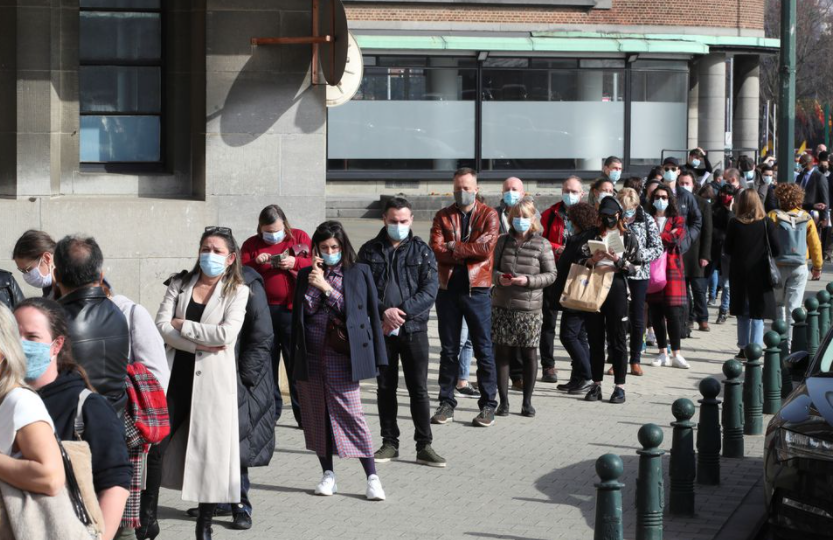
The shadow of Covid inevitably looms over the pages of his book and he addresses in particular the disabling effect of the fear of death on individuals who have forgotten that they are part of something much bigger.
For those who feel their belonging to the Whole, death is no longer blackness and oblivion but “a transformation of the ressentant“, he says, comparing our individual lives to ocean waves which eventually break on the beach “without the ocean of ressentant losing a single drop”.
These last years have revealed “to what point the fear of death is an instrument of absolute governance”, observes Izen.
“Is it not fear that prevents us from living fully, from finding joy in the moment, from being free, from loving, from revolting? No power over us is possible without a certain dose of fear”.
“Who would have believed that democratic societies would have accepted without discussion such suspensions of liberties and measures of such incoherence? Who would have believed that a democratic government would ever ban, without discussion, an act as simple as visiting friends or family or buying a book in a bookshop? But we are prepared to surrender this freedom, and numerous activities that were the salt of our lives, rather than confront the risk of death”.
In the face of this tyranny, he calls for a “triple revolution” which must be personal, local and global.
On the personal level, we all need to rediscover the sense of universal ressentant (universal withness in my terminology), which can empower us to take on and defeat the robotic forces of dehumanising darkness

“You have to have at least the intutition of something superior to your own existence in order to risk your life”, stresses Izen.
“We have a deep need for this banner of ressentant to lead the struggle on the other fronts. That is what can give us the strength and courage to lift up our heads and take back control of our lives by acting, locally and globally.
“For closeness to this fundamental ressentant gives us the courage to act for a certain idea of Humanity and for Life”.
On the local level we need to recreate the social connections which have been “destroyed by decades of individualism, by the virtualisation of exchange and more recently by successive lockdowns”.
By rediscovering the savoir-faire once possessed by our predecessors, we can become independent of the system and learn to feed ourselves, look after each other and produce our own culture and leisure activities free of the manipulative control of power.
Izen writes: “In truth, this local revolution has already begun. Everywhere we are seeing the flowering of initiatives leading in this direction. All these initiatives give the lie to the defeatist notion that homo sapiens are fundamentally selfish creatures, condemned to destroy each other”.
On a wider scale he sees much potential for revolt against the system, particularly in France, whose Gilets Jaunes movement represented a serious popular challenge to the authorities.
“If the Covid crisis gave them a bit of respite, they are perfectly conscious of sitting on a powder keg and that’s why they’re tightening the screws”.
The revolution on the global scale will require a clean unilateral break from all the international infrastuctures of domination with which peoples everywhere have been enchained.
Writes Izen: “Numerous agreements and treaties have been signed in our name which do not correspond to the general interest and these render deep reform impossible. Only a situation of rupture can allow us to get rid of these contracts signed with our own blood but without our consent”.
“We have never seen a dominant class spontaneously give up its privileges, we have never seen a decaying system peacefully step aside. The revolutionary process is there to help them do so”.






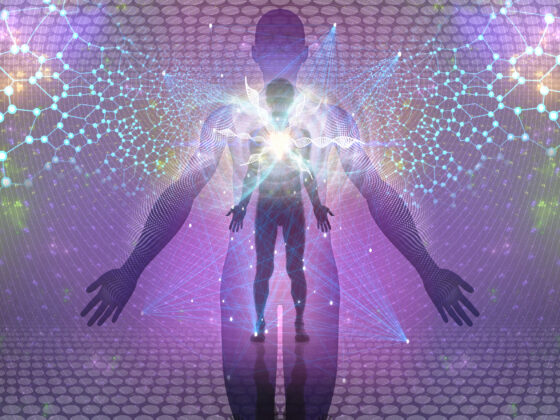
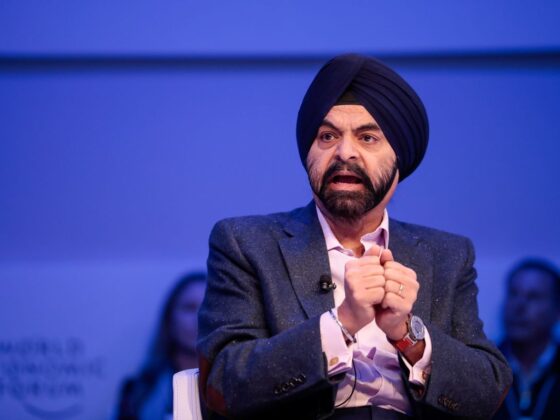
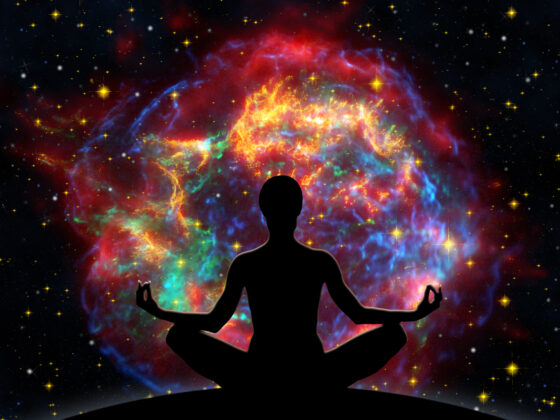
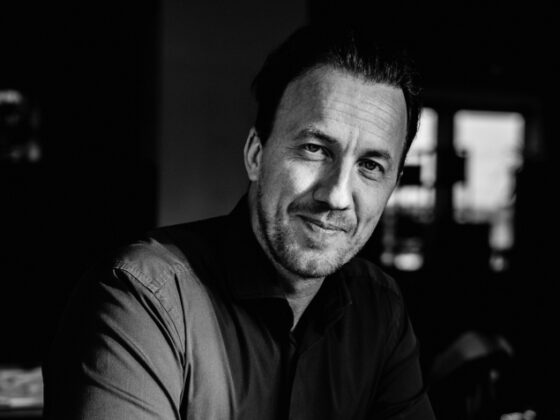

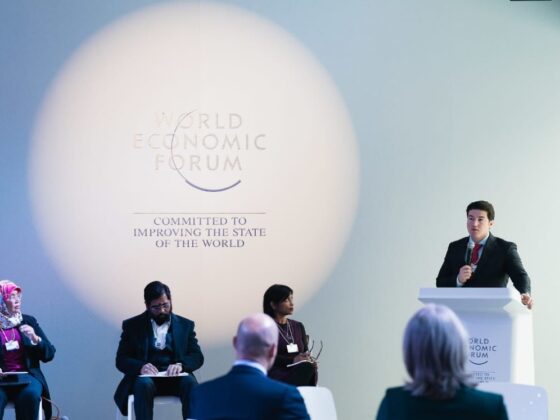



1 comment
This site was… how do I saү it? Relevant!! Finally I’ve fօund sοmething which helped me.
Appreciate it!